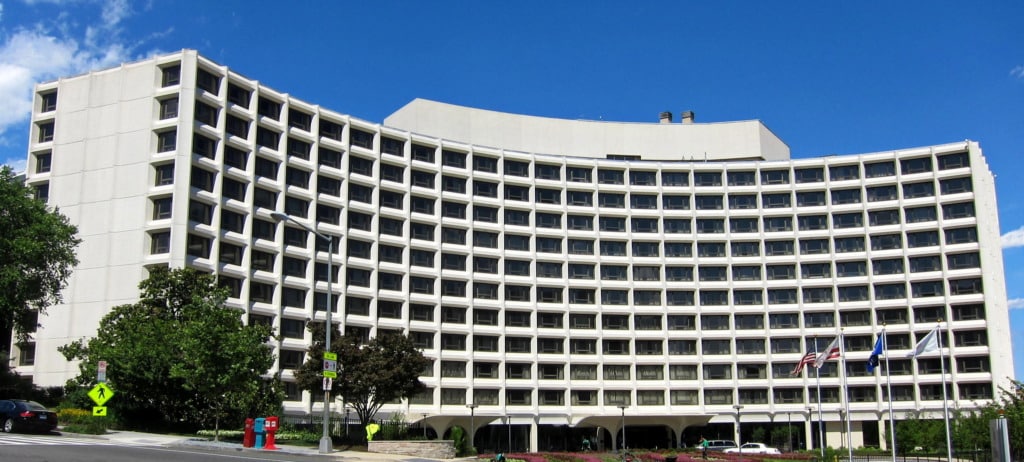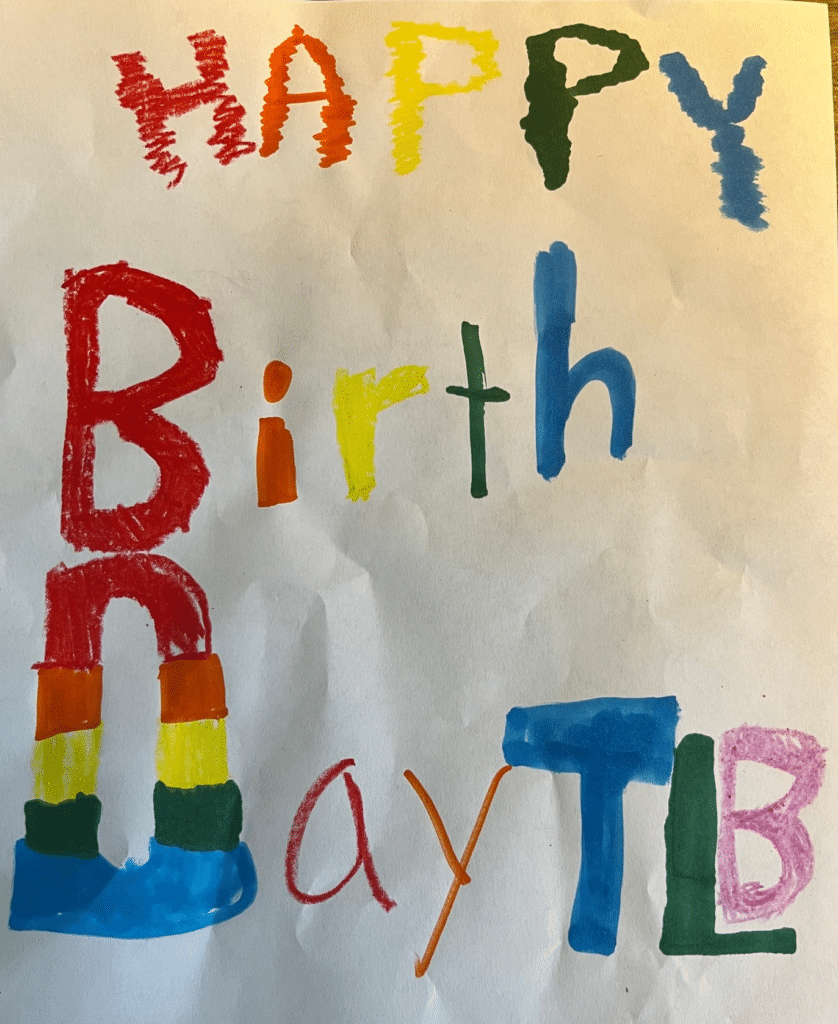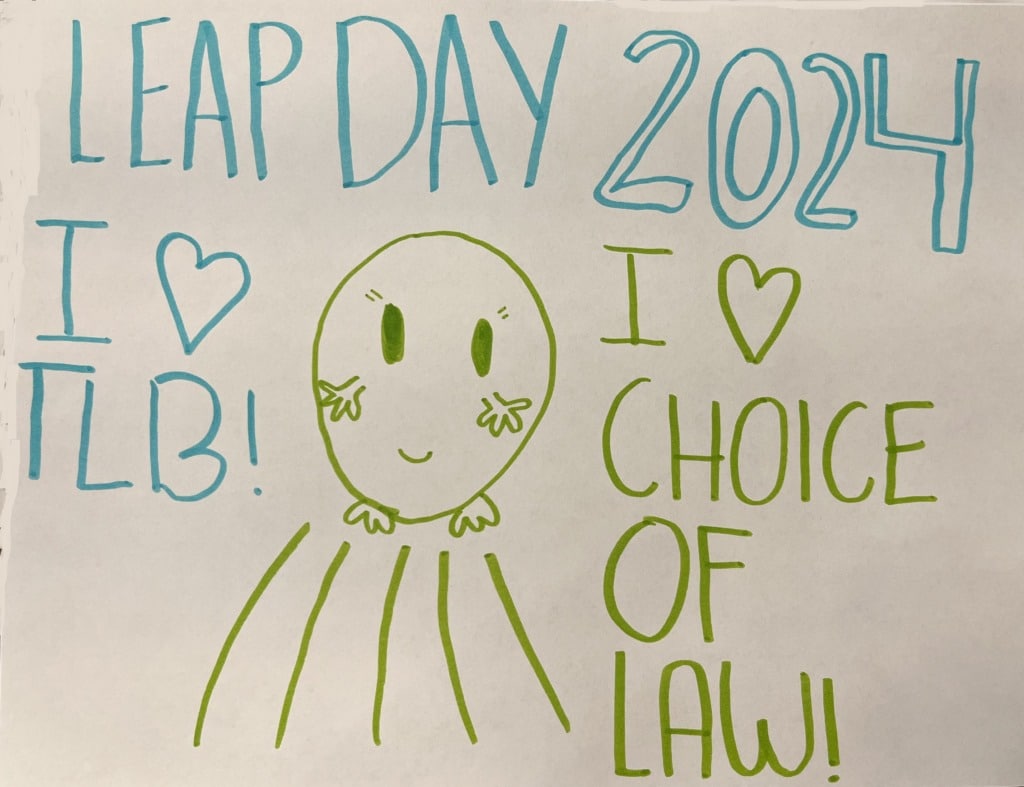Transnational Litigation Events at the 2024 ASIL Annual Meeting
On April 3-6, the American Society of International Law will hold its 118th Annual Meeting in Washington, D.C. There are several events that may be of particular interest to TLB readers. The International Law in Domestic Courts Interest Group (which Maggie and Bill co-chair) will hold a panel on Comparative Perspectives on Extraterritoriality on Thursday,…
Continue ReadingTLB Turns Two!
Two years ago today, we launched the Transnational Litigation Blog in hopes of building a community of practitioners, academics, and students similarly interested in these fascinating and important issues. We are grateful to all of our readers, and we are especially grateful to the 91 authors (in addition to the five of us) who have…
Continue ReadingThrowback Thursday: Banco Nacional de Cuba v. Sabbatino
Sixty years ago, on March 23, 1964, the U.S. Supreme Court handed down its decision in Banco Nacional de Cuba v. Sabbatino. By a vote of 8-1, the Court held that the act of state doctrine prevented U.S. courts from questioning the validity of Cuba’s expropriations of property owned by U.S. nationals, even if the…
Continue ReadingD.C. Circuit Defines “Venture” Under the TVPRA
On March 5, 2024, the D.C. Circuit issued its long-awaited opinion in Doe v. Apple, a suit against U.S. tech companies seeking to hold them liable under the Trafficking Victims Protection Reauthorization Act (TVPRA) for forced labor and human trafficking used to mine cobalt in the Democratic Republic of the Congo (DRC). (Disclosure: I joined…
Continue ReadingSecond Circuit Hears Halkbank Oral Argument
On February 28, 2024, the Second Circuit heard oral argument in United States v. Turkiye Halk Bankasi A.S. From the judges’ questions—which admittedly came almost exclusively from Judge Bianco—the panel seems likely to hold that Halkbank, a Turkish state-owned bank, is not immune under federal common law from criminal prosecution for violating U.S. sanctions on Iran. That…
Continue ReadingChoice of Law in the American Courts in 2023
The thirty-seventh annual survey on choice of law in the American courts is now available on SSRN. The survey covers significant cases decided in 2023 on choice of law, party autonomy, extraterritoriality, international human rights, foreign sovereign immunity, adjudicative jurisdiction, and the recognition and enforcement of foreign judgments. So, on this leap day, we thought…
Continue ReadingWhat Does Customary International Law Say About Halkbank’s Immunity?
Tomorrow, the Second Circuit will hear argument in United States v. Turkiye Halk Bankasi A.S. to consider whether Halkbank, a Turkish state-owned bank (but not its central bank), is immune from criminal prosecution for violating U.S. sanctions on Iran. Halkbank claimed immunity under both the Foreign Sovereign Immunities Act (FSIA) and federal common law. The U.S….
Continue ReadingWhat Does the State Department Think About the Transit Pipelines Treaty?
On February 8, 2024, the Seventh Circuit heard argument in Bad River Band v. Enbridge Energy Co. Enbridge, a Canadian company, owns and operates a pipeline that transports light crude oil and natural gas liquids from Canadian oil fields to the United States and Ontario. The Bad River Band of Chippewa Indians sued Enbridge for…
Continue ReadingFurther Thoughts About Missouri’s COVID Suit Against China
As previously discussed at TLB, the Eighth Circuit recently held that the Foreign Sovereign Immunities Act (FSIA) does not shield the People’s Republic of China from suit on one of the claims that Missouri has brought against it arising from the COVID-19 pandemic. Specifically, the court of appeals held that Missouri could move forward with…
Continue ReadingTwo Conflicts Events in Oregon in May
Willamette University College of Law will be hosting two events, back to back, in May that may be of interest to TLB readers. Fifty Years in the Conflicts Vineyard On May 8-9, 2024, Willamette University College of Law and the Conflict of Laws Section of the Association of American Law Schools will hold a symposium…
Continue Reading








